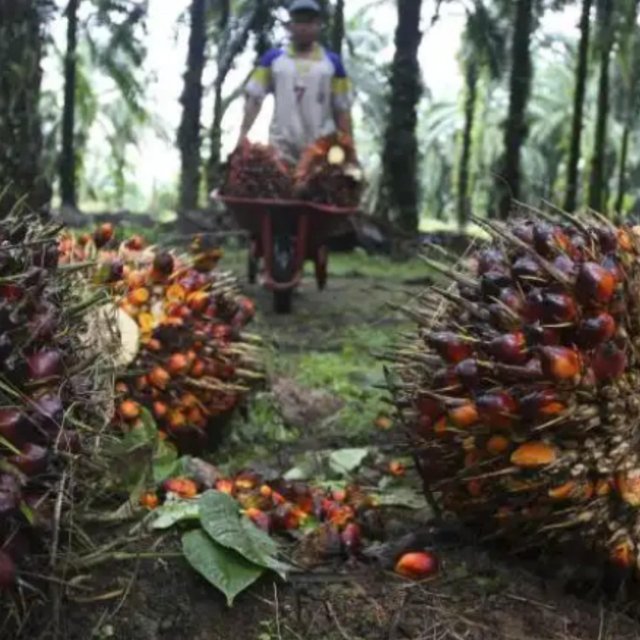
The Indonesian Palm Oil Farmers Association (Apkasindo) says the EU wants to kill oil palm farmers in Indonesia, the Indonesian Palm Oil Farmers Association (Apkasindo) reacted strongly to the results of the European Parliament vote on 18 January 2018. Therefore, the results of Parleman Europe's vote approved the proposal of renewable energy legislation. The design of the beleid regulates a ban on the use of palm oil for biodiesel starting in 2021.
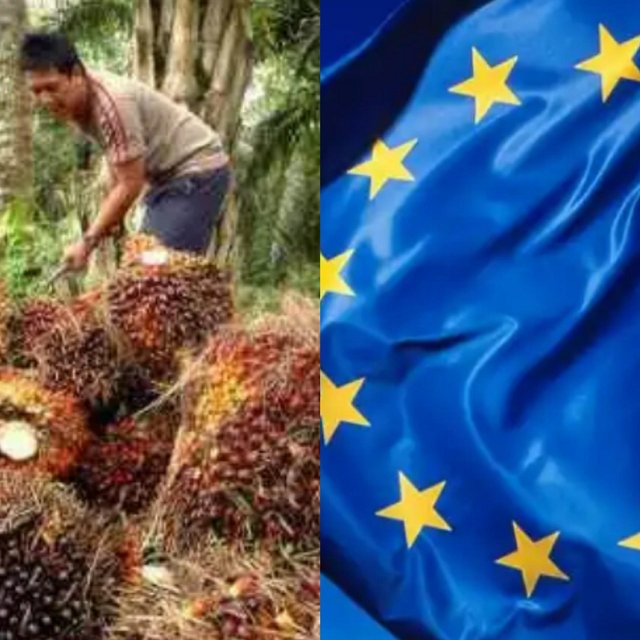
Responding to the result of voting, Apkasindo stated that the EU is trying to kill 5.3 million Indonesian oil palm farmers. This is evident from the systematic efforts to shut down the Indonesian palm oil industry.
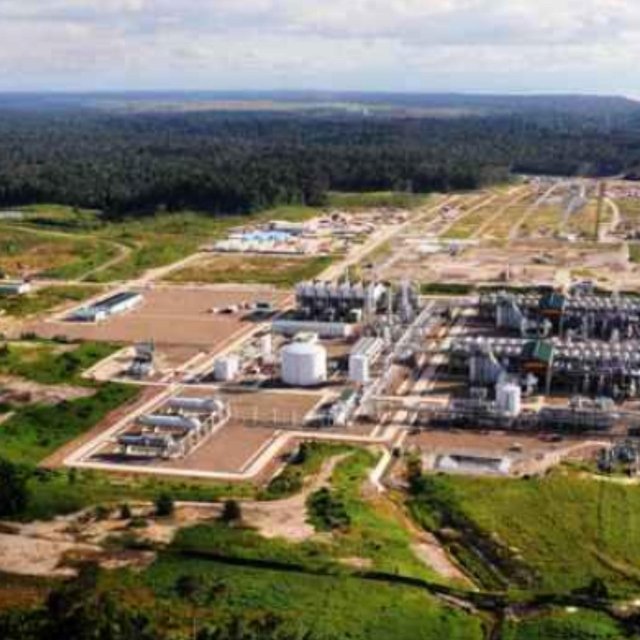
"The prohibition of palm oil for biodiesel in Europe is equivalent to a systematic crime to kill 5.3 million Indonesian farmers whose lives depend on oil palm," said Apkasindo Secretary General Asmar Arsjad in his statement in Jakarta. According to Asmar, the proposal for a ban on the use of palm oil as biodiesel in Europe will hit Indonesia as the world's largest producer of palm oil, including the palm oil farmers in it. This was conveyed by Asmar to the EU Ambassador to Indonesia last week.
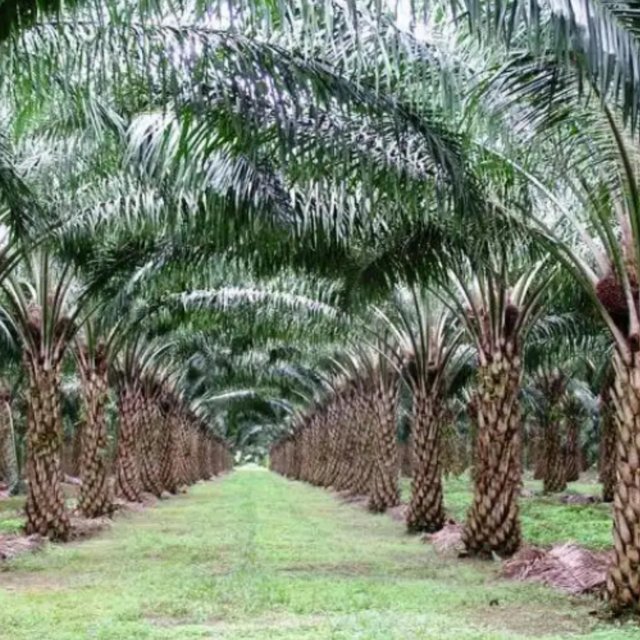
"We call on the EU to stop efforts to ban the use of palm oil for biodiesel and appeal to the Indonesian people and encourage the government to boycott European products, the ban on the use of palm oil based biodiesel on the issue of sustainability and deforestation in oil palm plantations in Indonesia, whereas the government and Apkasindo fixes the weaknesses of the past, so it is inappropriate to be punished for irresponsible issues.
Palm oil is a plantation commodity that has become a motor of poverty alleviation and a driver of rural development. Currently, training in good agricultural practices and encouraging sustainability and increasing productivity has been massive. Rising productivity makes farmers tend to avoid expanding palm oil.
On the other hand, Asmar continued, the world has also acknowledged that palm oil is the most feasible crop to meet global demand for vegetable oil without requiring large land. As an illustration to produce a ton of vegetable oil, oil palm requires only a quarter of an hectare.
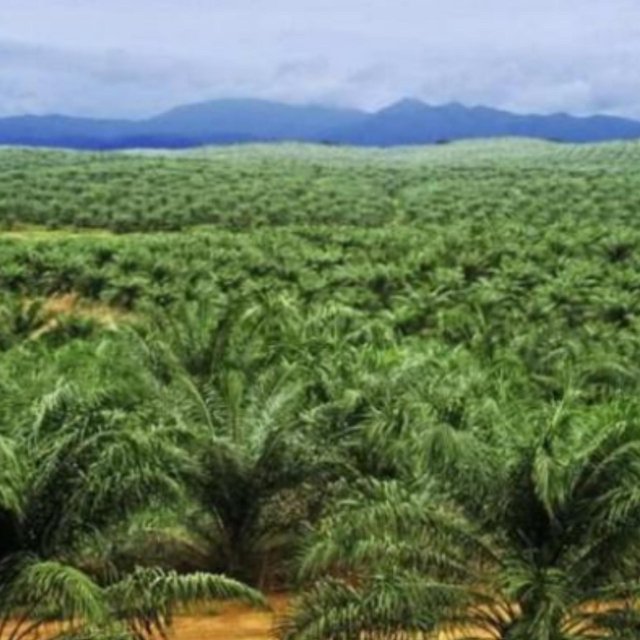
The area is narrower than the needs of soybean and rapeseed soils that reach 1 to 1.5 ha to produce the same vegetable oil volume.
The Indonesian government is also in the process of continuous improvement in terms of better palm oil plantation management. Currently, there is Indonesian Sustainability Palm Oil (ISPO) which is obliged to be obeyed by all stakeholders of oil palm.
Furthermore, accusations of deforestation in the oil palm plantation sector also do not appreciate the Indonesian government. The reason, palm plantations are mostly grown in other use areas that have been set by the government or abandoned lands are not conservation land.
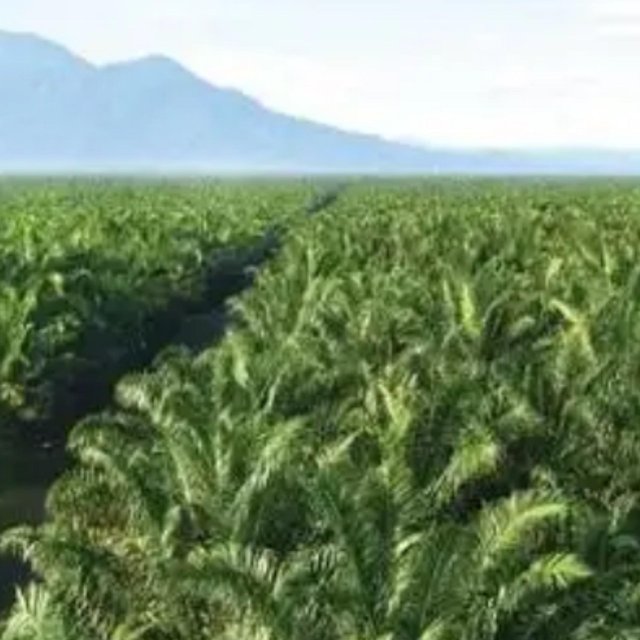
He also regretted the EU is not concerned with the fact and directly pointed to palm as a culprit deforestasi. The achievement of Indonesian government and oil palm farmers in preventing forest fires and promoting sustainable environmental governance can be appreciated and trusted by the world.
Indonesia has been trying to implement sustainable palm oil plantation standards. This is indicated by the obligation of all oil palm plantation companies to follow ISPO certification. ISPO standards protect national parks, water sources, rivers and areas with high biodiversity. "So ISPO is the awareness to improve the environment, sustainability and competitiveness.